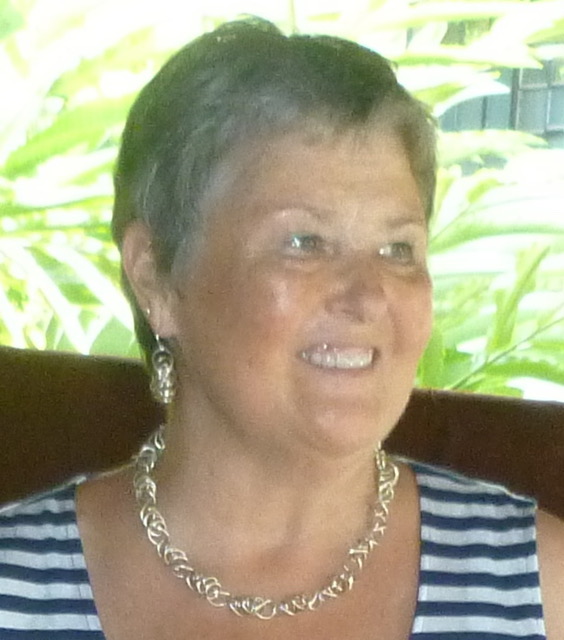AARP Hearing Center
RALEIGH -- Dr. Catherine Harvey Sevier of Greensboro has been appointed as the new state president of AARP North Carolina. The volunteer led AARP has 1.1 million members in the state and is instrumental in improving the lives of older adults through information, advocacy, community service and local offerings and events.
Dr. Sevier has an extensive background in clinical nursing, academic cancer center administration, and health policy development. She was founding Executive Director/COO of the National Comprehensive Cancer Network (NCCN), which develops and sets clinical guidelines for cancer treatment worldwide. Previously, Dr. Sevier served as faculty and cancer program director at the Medical University of South Carolina Hollings Cancer Center. She later served as Executive Vice President (Community Programs and Publications)/ Chief Public Health Officer for the American Diabetes Association (ADA) in Washington, DC, where she led ADA’s focus on the Preventive Health Partnership, a joint initiative with the American Cancer Society and American Heart Association.
AARP North Carolina State Director Doug Dickerson explains, “With so many North Carolinians anxious about their future ‘health, wealth and self’, Dr. Sevier brings proven leadership and experience to advocate for them on the issues that matter most, such as protecting Medicare and Social Security, fighting fraud, and helping our communities better serve our people.
Leading AARP Volunteers
As AARP’s lead volunteer, Dr. Sevier will guide the work of nearly 3,000 state volunteers and will be instrumental in building on the recent momentum of addressing the needs of the state’s rapidly aging population. Last year, AARP helped make it easier to care for loved ones across state lines by pushing for the passage of uniform adult guardianship and has taken a lead role in preparing the state to deal with the growing number of adults with Alzheimer’s and age-related dementia. According to the North Carolina Institute of Medicine, Alzheimer’s disease, the most common form of dementia, affects one in seven North Carolinians over the age of 65. In North Carolina, over 160,000 people are living with Alzheimer’s disease, a number projected to increase to more than 210,000 by 2025.

Currently, AARP is working with the legislature to help family caregivers and hospitals reduce frequent hospital readmissions, and on an innovative solution for small businesses to help workers save for retirement.
Throughout her career, Dr. Sevier played a major role in establishing practice standards and developing quality measures for both individual practitioners and health organizations. She was a consultant to The National Institutes of Health/ National Cancer Institute, the National Quality Forum, and the Joint Commission for Accreditation of Healthcare Organizations, setting and monitoring quality standards for health services and cancer care.
Sevier served in leadership roles and on boards of many national organizations, including the Association of Community Cancer Centers, and as founding President of the American College of Oncology Administrators. She served for twelve years on the board, including four years as chair, of the patient advocacy organization, National Coalition for Cancer Survivorship. Currently she is on the board of The Carolinas Center for Hospice and End-of-Life Care, the City of Greensboro Commission on the Status of Women, and the Wesley-Luther Campus Ministry at UNC-Greensboro.
Sevier maintains a strong connection to public health and was a grantee and consultant to many advisory and oversight groups. She was appointed by the state governor and served over a decade as member and board chair of the South Carolina Cancer Prevention and Control Oversight Committee. While chair she worked closely with the public, the state legislature, the hospital association, and medical community to pass legislation making cancer a reportable disease within the state. This legislative model was subsequently adopted by other states.
While leading a national consulting practice in cancer program and facility planning, she assisted many leading academic medical centers and health systems to establish successful cancer programs. She successfully competed for grants and managed contracts with the Institute of Medicine, the National Cancer Institute, the Centers for Disease Control and Prevention, and Duke University. Her doctoral research in public health focused on developing national cancer policy.
In recent years, Catherine and her husband David worked in Europe and East Africa to assist nations in population health, disease prevention, and public policy.
































































